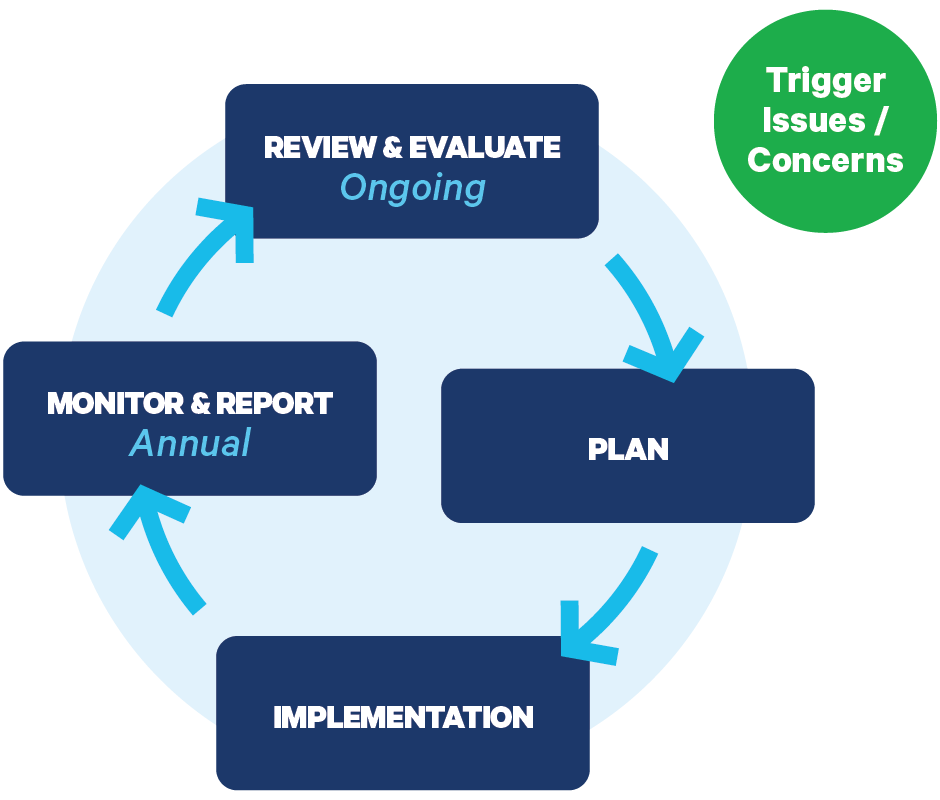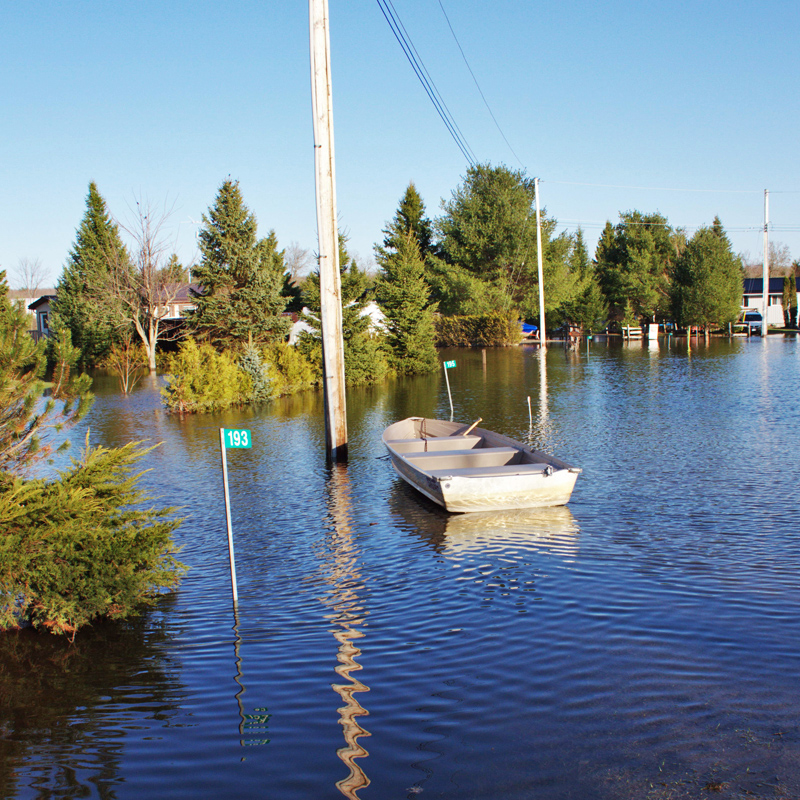Why Report?
The purpose of the Conservation Authority Watershed Report Cards is to report on the health of watersheds through the use of key environmental indicators. They are a management and evaluation tool, which:
The purpose of the Conservation Authority Watershed Report Cards is to report on the health of watersheds through the use of key environmental indicators. They are a management and evaluation tool, which:

Conservation authorities plan and deliver programs and services on a watershed basis. Monitoring and reporting are critical elements of a successful integrated watershed management approach.
Watershed report cards are a successful way to deliver a vast amount of technical information in a readily understandable and interesting way. The Conservation Authority Watershed Report Cards are designed to be an ongoing product and report once every five years. The first set of report cards were launched in 2013.
While they don’t track climate change impacts specifically, conservation authority watershed report cards report on surface water quality, groundwater quality and forest conditions. These indicators reflect watershed conditions which are being impacted by climate change, rapid urbanization and a growing population. They help us to understand the reality of the watershed conditions we face, identifying areas to protect and issues to address.
Conservation Authorities is to undertake watershed-based programs to protect people and property from flooding and other natural hazards, and to conserve natural resources for economic, social and environmental benefits.
Conservation Authorities bring together different stakeholders to assess issues, pool resources, and develop solutions based on local science developed through watershed management programs and activities. The report cards are a management tool that allow conservation authorities and their partners to better target programs and measure environmental change.
Technological advances, additional resources as well as regular monitoring and reporting, help to build knowledge and understanding of local conditions and how they are changing.



